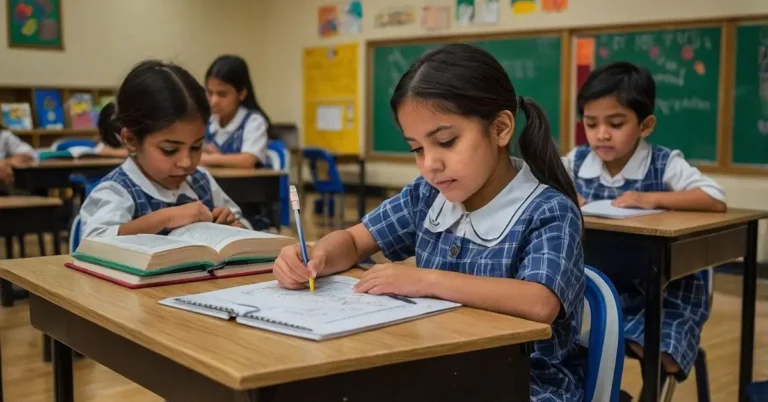Introduction
Every parent wants to see their child grow as a smart learner. But they do not know how to actually raise smart kids who can turn their dreams into reality. No doubt there is no magic formula for this, but trust us, parents can play a key role in the development of kids’ mindset.
People like admitting their children to a good school where they can learn different things with passion. One such example is the Austin private schools in Texas, the United States. The schools have opened new gateways for maximum learning within minimum time. Every activity in such institutions leads to an effective smart learning approach for students.
Coming back to the smart students’ habits, let’s discuss these now!
2. Smart Students’ Habits:
Want to make your child a smart learner? These habits will definitely assist!
2.1. Read to Them Early and Often:
Many pieces of evidence support the fact that reading aloud to your children adds to their learning. Many parents start practicing this from childhood. Reading develops multiple skills in kids, including of which are:
Listening skills
Builds vocabulary
Inspires creativity, and
Improves cognitive skills
Resource: NIH Research
Kids at private schools in Austin TX are taught the same way, which helps them communicate with more confidence and learn with passion.
2.2. Smart Kids Have a Sense of Purpose:
When a student is not mentally involved in learning, he/she may be upset or not motivated to study. Unlike such kids, smart students have a sense of purpose, as they focus on the goal of the task.
Bradley says that if your kids know why they are studying a particular subject or the way it will help them, they will try to learn more effectively. Students at Austin private school are specifically told why they are being taught a particular matter subject. This way, it helps them learn more effectively and actively.
2.3. Let Them Make Mistakes:
This is the most important point to consider! Remember the more you interfere in your kid’s learning, the more less they will learn. This is why, let them experiment with things on their own, make mistakes, and think about the right way they can fix problems.
According to a study, it has been revealed that failure is the best teacher in the world. Students failing at things might suffer at first, but they get better at learning later on. This is the most effective strategy to become a smart student, which is also been employed in Austin private school.
2.4. Smart Kids Balance Schoolwork With Pleasure:
Smart kids do not stop going to the club when their exams arrive. They better know the way they can manage their time. The physical and social contact is connected to the well-being of a student. This is why, smart kids focus on developing their social network beyond just study.
2.5. Exercise Their Brains:
Just like the human body needs exercise, the brain also needs it. For this reason, you need to play different games with kids to make them a brilliant scholar. Students at private schools in Austin TX are also encouraged to take part in multiple brain-developing games.
Different games help children build up their problem-solving and cognitive skills. These include Checkers, Chess, Backgammon, etc. In addition to that, you should give your child stuff such as Legos, Lincoln Logs, etc. to make new creative structures. This kind of game builds up a sense of humor and helps students focus on solutions.
Faqs:
How can some kids be so smart?
It’s mainly heredity that contributes to the smartness of kids’ brains up to 80%. Many other environmental factors also contribute to making kids more competitive and active learners.
What is the IQ of a brilliant child?
1 to 24: Profound mental disability
25 to 39: Severe mental disability
40 to 54: Moderate mental disability
55 to 69: Mild mental disability
70 to 84: Borderline mental disability
85 to 114: Average intelligence
115 to 129: Above average or bright
130 to 144: Moderately gifted
145 to 159: Highly gifted
160 to 179: Exceptionally gifted
180 and up: Profoundly gifted

